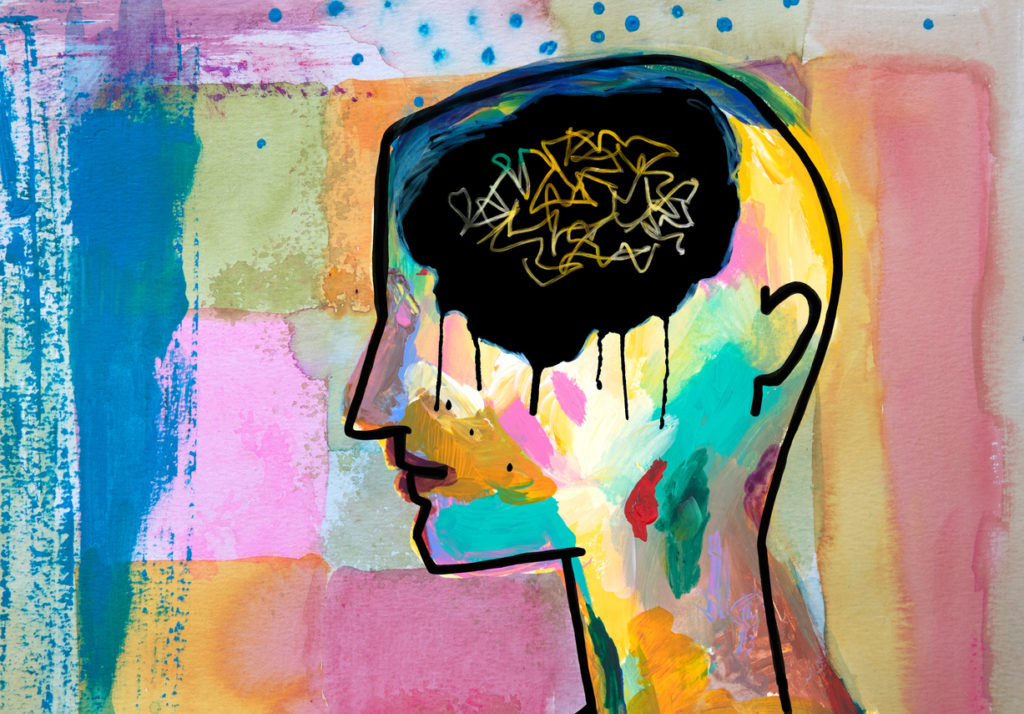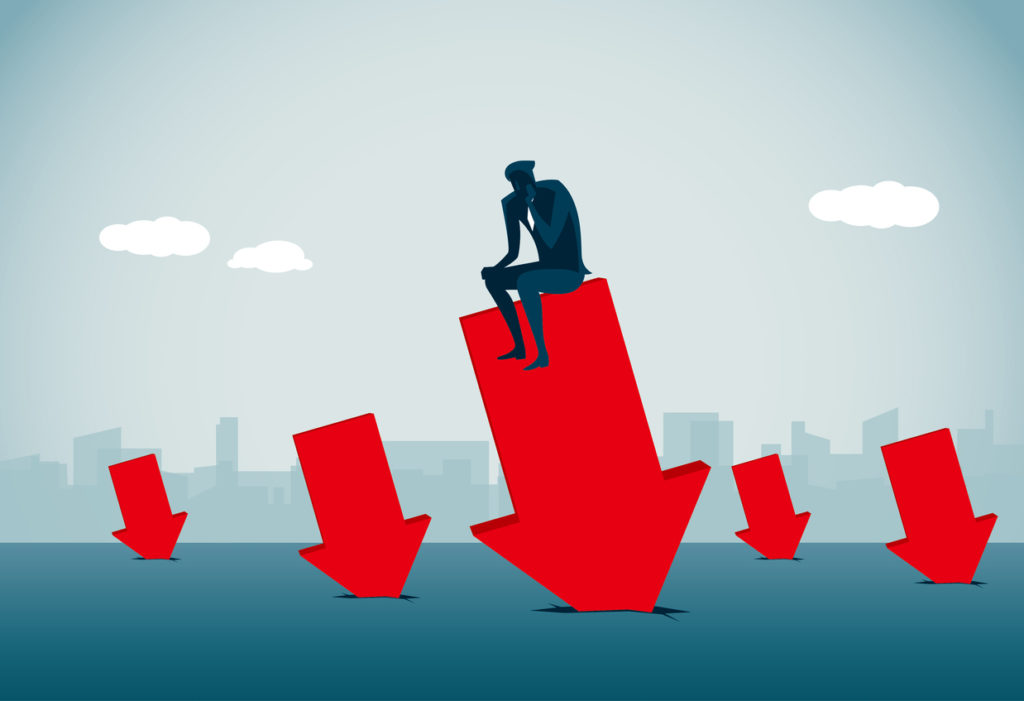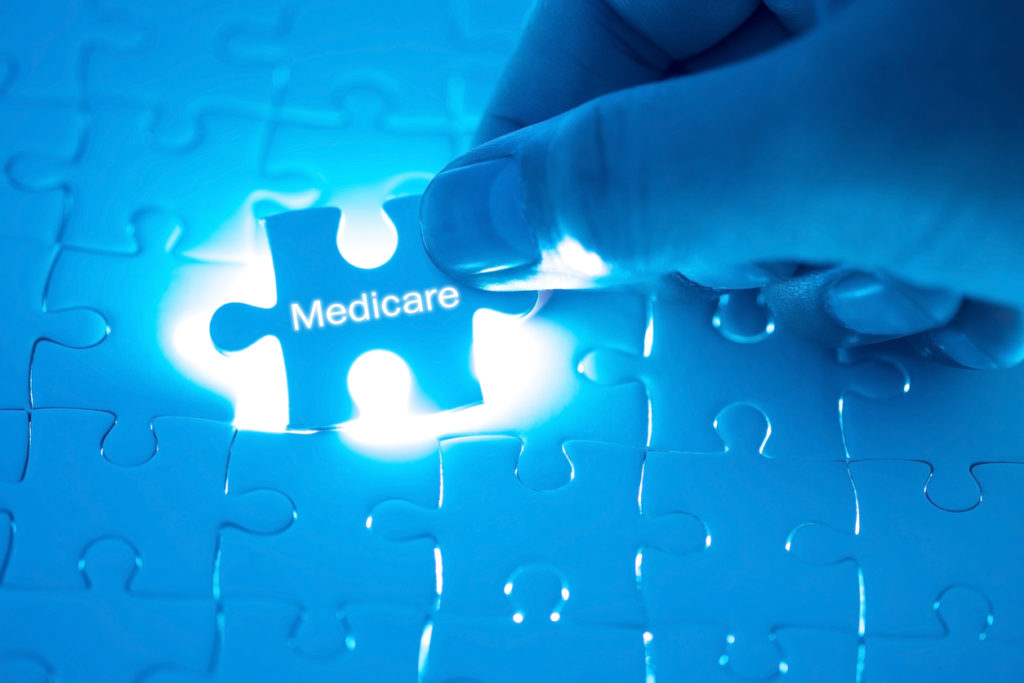You are invited to take part in a research study into depression, sadness, and negative life events. We are interested in the relationships between the negative life events that people experience and their emotional state. Sadness is a common response to loss, and can involve low mood, disruption of eating and sleeping, thoughts about death, edginess, and lethargy, amongst other things. However, one of the most prevalent psychological disorders, Major Depression, also involves the experience of these things. We are interested in learning more about how the experience of these sorts of symptoms differs after different types of negative events as well as how long such an experience lasts.
Official Title
Depressive Disorders and Normal Reactions to Negative Life Events
Conditions
Major Depression
Study Type
Observational
Study Design
Further Details
You will be asked to fill in several pages of questions relating to the experience of low mood and associated difficulties, as well as specific events that may have occurred in your life. We will also ask for some other information, such as your age, gender, the sort of work you do and your national background. This will help us ensure the data we collect represents a good cross-section of Australian adults. It would be most helpful for us if you answer every question, but you are not under any obligation to do so. The full set of questions should take approximately 30 minutes to complete.
Study Start
July, 2005
Eligibility & Criteria
- Aged 18 years or older
- Living in Australia
Total Enrolment
1000
Contact Details
Go to http://www.psych.usyd.edu.au/webtesting/lisak/lisak.htm to complete the online questionnaire or contact Lisa from the University of Sydney on (02) 9036 7855 or email lisak@psych.usyd.edu.au for more information.
All content and media on the HealthEngine Blog is created and published online for informational purposes only. It is not intended to be a substitute for professional medical advice and should not be relied on as health or personal advice. Always seek the guidance of your doctor or other qualified health professional with any questions you may have regarding your health or a medical condition. Never disregard the advice of a medical professional, or delay in seeking it because of something you have read on this Website. If you think you may have a medical emergency, call your doctor, go to the nearest hospital emergency department, or call the emergency services immediately.







